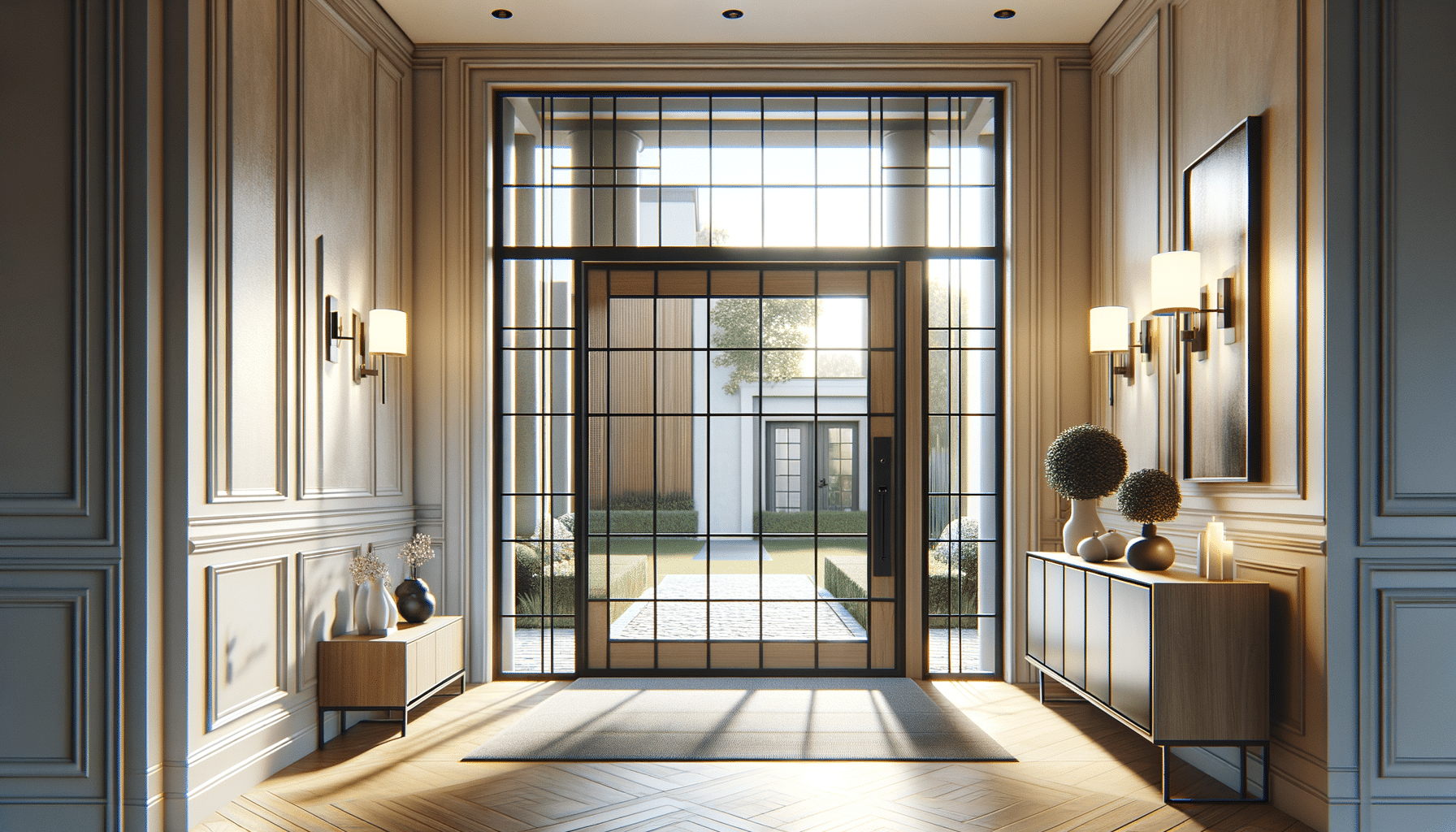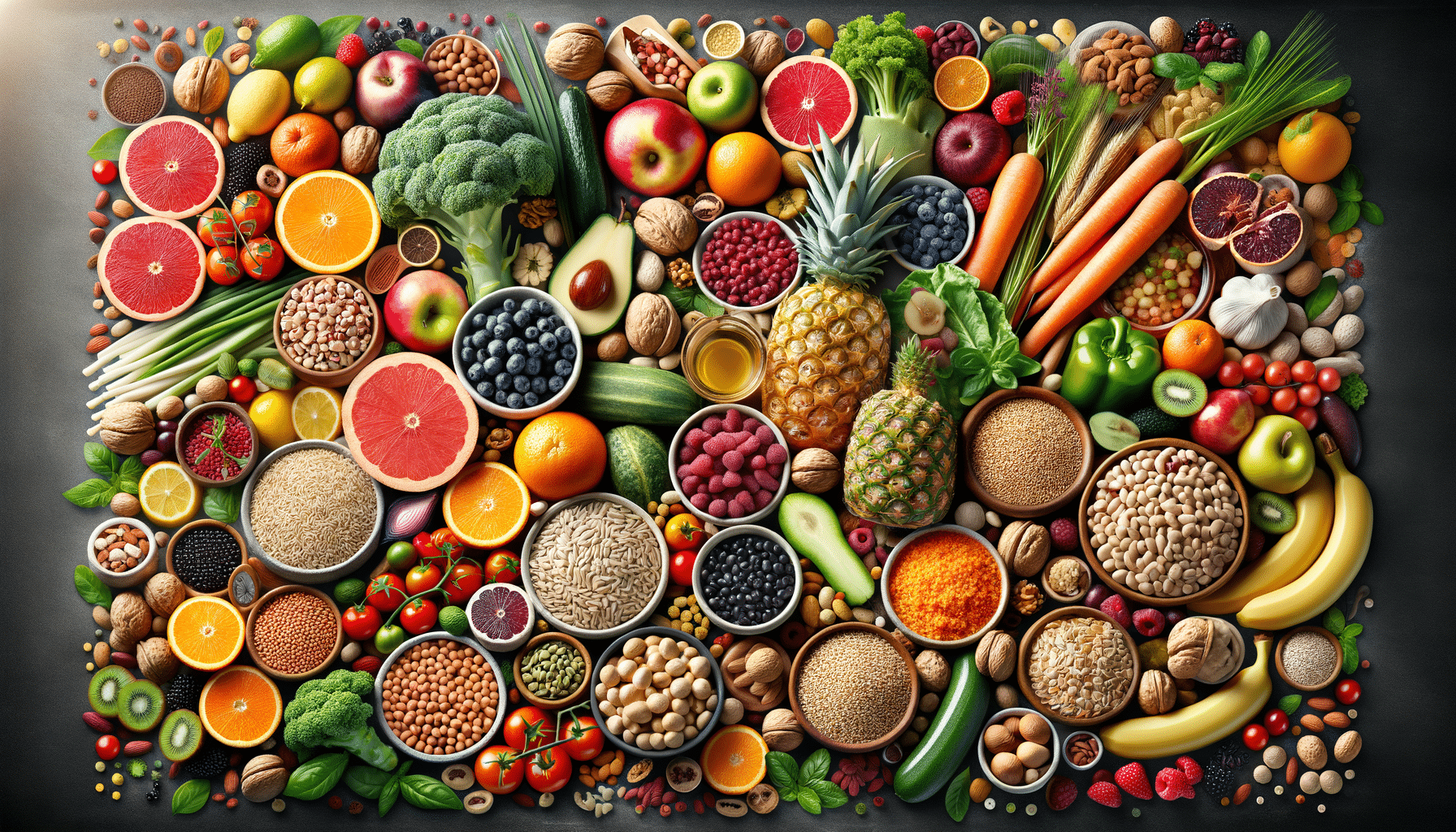
Modern Front Doors with Glass: Discover Elegant Options
The Allure of Glass Doors in Modern Design
Glass doors have become a staple in modern architecture, offering a seamless blend of functionality and aesthetic appeal. Their ability to allow natural light to flood into spaces is unmatched, creating an inviting atmosphere that enhances the overall ambiance of a home. The transparency of glass doors not only connects the interior with the exterior but also provides a sense of openness and space, making areas feel larger and more welcoming.
Incorporating glass into front door design adds a touch of elegance and sophistication. Homeowners can choose from a variety of glass types, such as frosted, etched, or clear, each offering different levels of privacy and style. The versatility of glass doors allows them to complement various architectural styles, from contemporary to traditional, making them a versatile choice for any home.
Moreover, glass doors can be paired with other materials like wood or metal to create a striking contrast or a harmonious blend, depending on the desired look. This flexibility makes glass doors a popular choice among architects and designers aiming to create unique and personalized entryways.
Enhancing Curb Appeal with Modern Entryways
Modern entryways serve as the focal point of a home’s exterior, setting the tone for what lies beyond. A well-designed entryway not only enhances the curb appeal but also reflects the homeowner’s personality and style preferences. Glass front doors play a crucial role in achieving a modern entryway look by offering a sleek and contemporary appearance.
One of the benefits of modern entryways with glass doors is their ability to create a welcoming and inviting entrance. The transparency of glass allows for a visual connection between the indoors and outdoors, making guests feel more at ease as they approach the home. Additionally, glass doors can be customized with various hardware and finishes to match the overall aesthetic of the property.
Beyond aesthetics, modern entryways with glass doors also provide practical benefits. They enhance natural light, reducing the need for artificial lighting during the day, which can lead to energy savings. Furthermore, many glass doors are designed with energy efficiency in mind, featuring double or triple glazing and thermal breaks to improve insulation and reduce heat transfer.
Innovative Front Door Designs with Glass
Front door design has evolved significantly over the years, with glass becoming a key element in creating innovative and eye-catching entryways. Modern front doors with glass panels offer a range of design possibilities, allowing homeowners to express their creativity and individuality.
One popular trend is the use of large glass panels that extend across the entire door. This design not only maximizes natural light but also creates a bold and contemporary statement. Alternatively, smaller glass inserts can be used to add subtle elegance and interest to a door without compromising privacy.
Textured or patterned glass is another option for those seeking a unique look. These designs can range from geometric patterns to artistic etchings, adding character and charm to the front door. Additionally, colored or tinted glass can be used to complement the color scheme of the home and add a touch of vibrancy to the entryway.
With advancements in technology, smart glass options are now available, allowing homeowners to control the opacity of the glass with the touch of a button. This innovative feature provides the flexibility to adjust privacy levels while maintaining a modern and sleek appearance.
Balancing Security and Style in Glass Front Doors
While glass front doors are renowned for their aesthetic appeal, security is a paramount concern for homeowners. Fortunately, modern glass doors are designed to offer both style and security, ensuring peace of mind without compromising on beauty.
Many glass doors are constructed with reinforced or laminated glass, which is highly resistant to breakage. This type of glass is designed to hold together even when shattered, providing an additional layer of security against forced entry. Additionally, multi-point locking systems and robust frames further enhance the security of glass front doors.
For those concerned about privacy, frosted or textured glass options can be chosen to obscure visibility while still allowing natural light to enter. This ensures that the home remains bright and welcoming without compromising on privacy.
Moreover, integrating security features such as smart locks and surveillance cameras into the front door design can provide an extra level of protection. These technologies allow homeowners to monitor and control access to their property remotely, adding convenience and peace of mind.
Choosing the Right Glass Front Door for Your Home
Selecting the perfect glass front door involves considering various factors, from design preferences to practical needs. Homeowners should start by assessing their style preferences and the architectural design of their home. This will help determine the type of glass and door design that will best complement the property.
It is also important to consider the level of privacy desired. Clear glass offers maximum light but minimal privacy, while frosted or textured glass provides more privacy while still allowing light to filter through. Additionally, the choice of hardware and finishes should align with the overall aesthetic and functionality requirements.
Energy efficiency is another crucial consideration. Opting for doors with energy-efficient glass, such as double or triple-glazed options, can help reduce energy consumption and improve insulation. This is particularly important in regions with extreme weather conditions.
Finally, budget constraints should be taken into account. While glass doors can be a significant investment, they offer long-term benefits in terms of aesthetics, energy savings, and property value. By carefully considering these factors, homeowners can choose a glass front door that enhances their home’s appeal and functionality.


